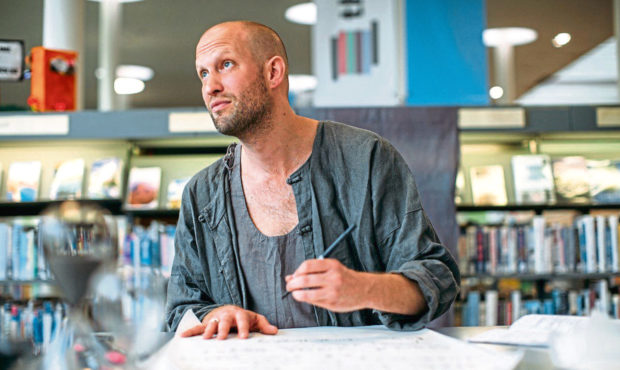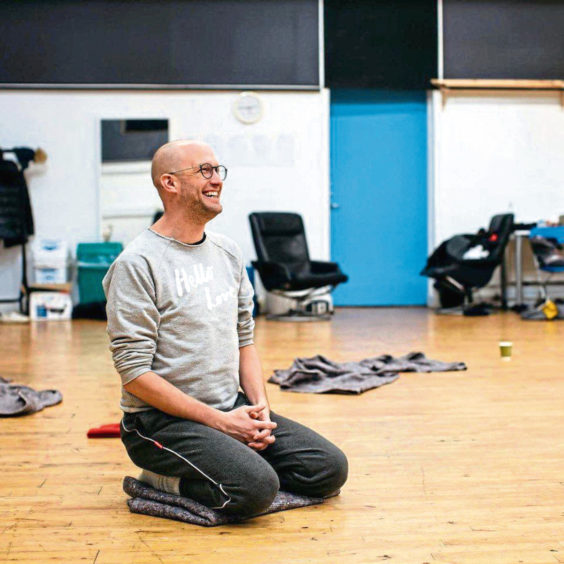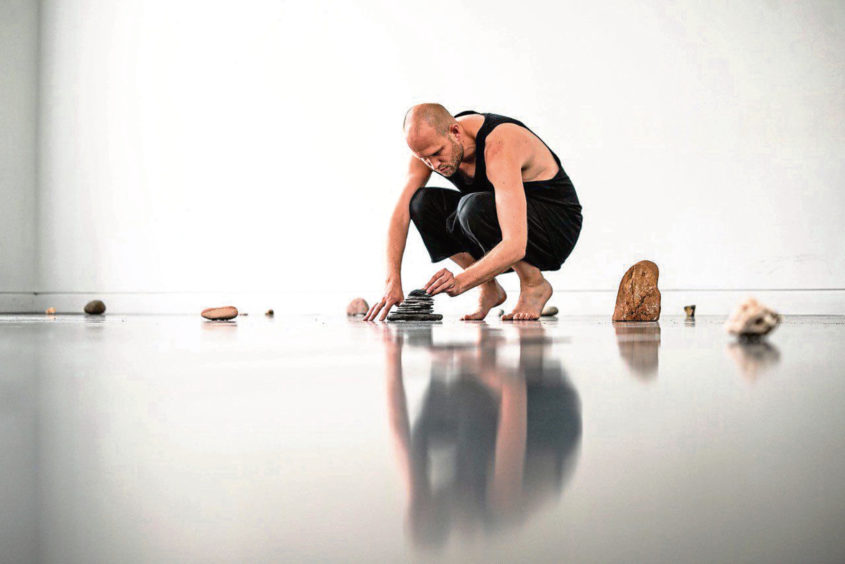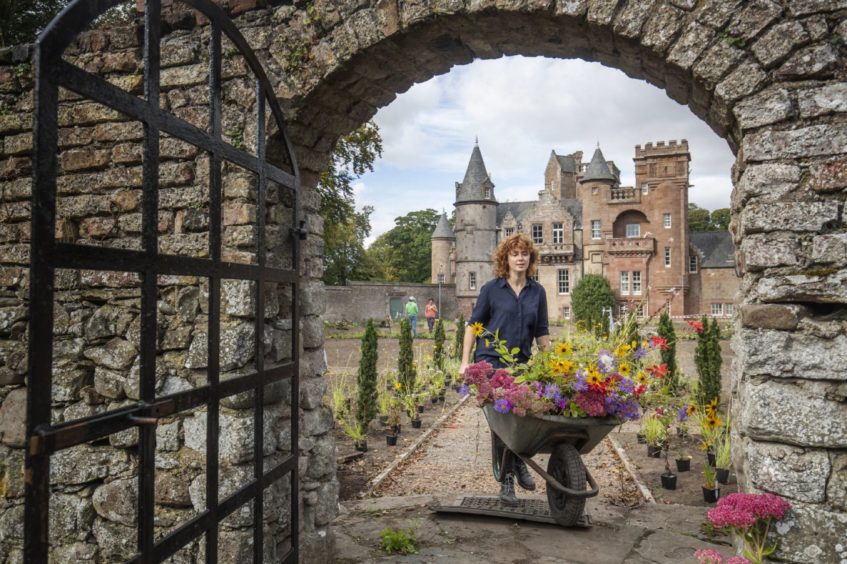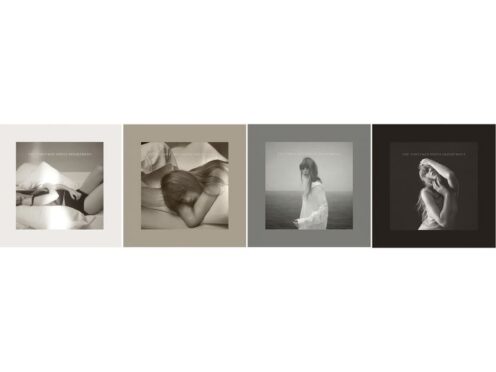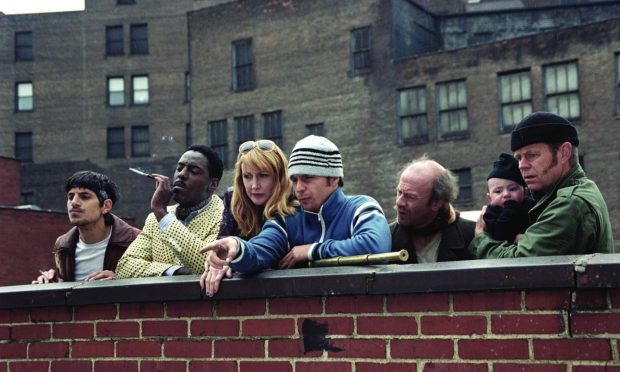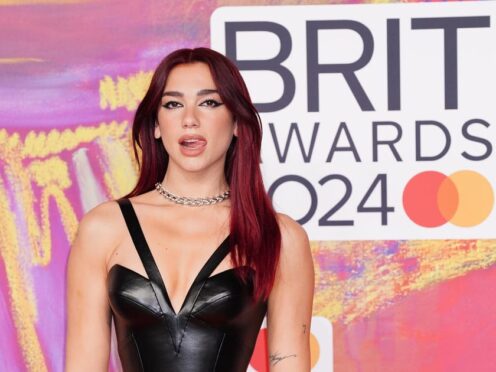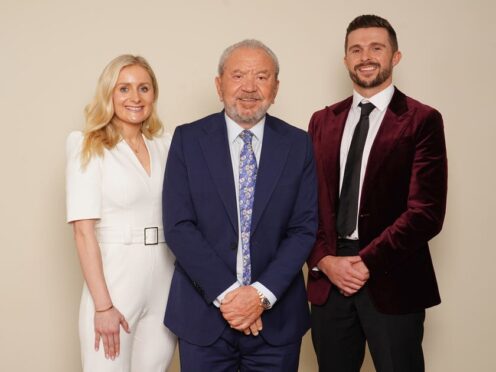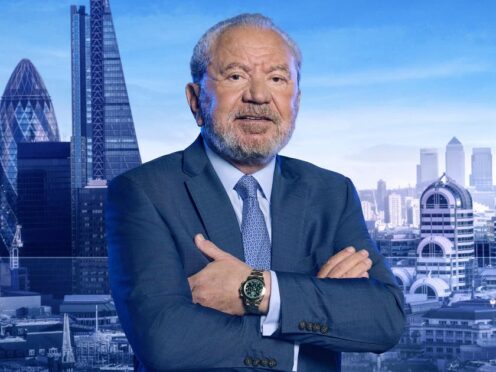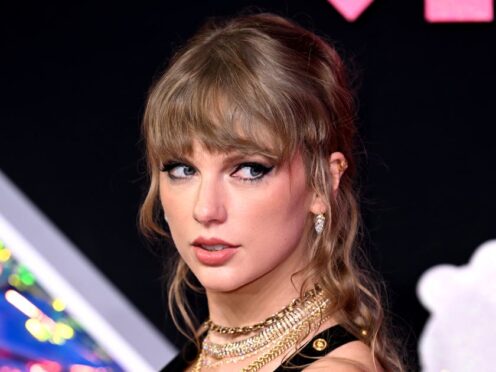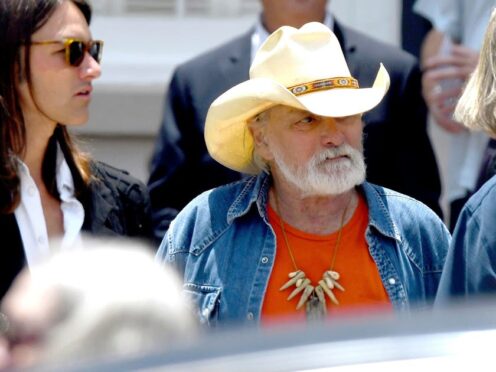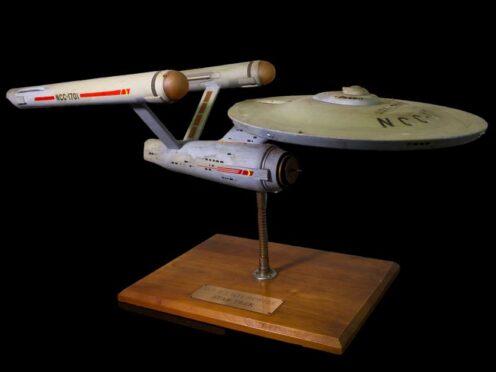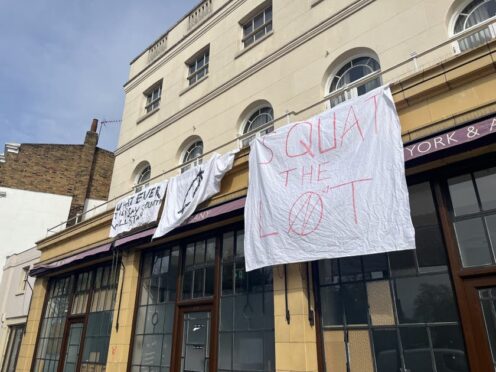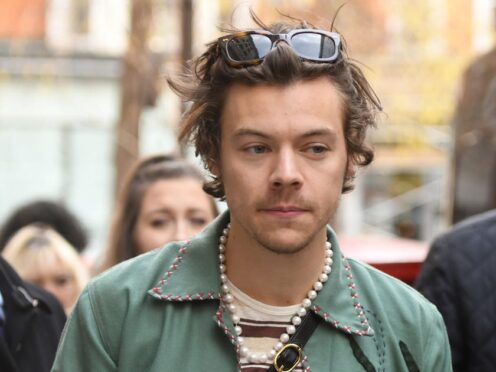Artist Luke Pell is running workshops centred on the concept of ‘respair’ at Hospitalfield, as Gayle Ritchie discovers.
Luke Pell is fascinated by the obsolete word “respair” – the return of hope after a period of despair.
“I discovered it reading an article by the novelist Jesmyn Ward in response to the Covid-19 pandemic and personal tragedy, following the death of her husband, and the Black Lives Matter protests in the US last year,” explains the artist.
“I was really curious about this word. I did some research and discovered it’s a kissing cousin of the word ‘despair’.”
While the word has largely fallen out of use, Luke has found it popping up on social media.
It’s a word he finds particularly resonant right now in 2021, as the world navigates its way through the pandemic.
“As somebody who works with words and movements, I was keen to offer a series of sessions that explored what different words mean to us, from different perspectives,” he says.
Workshops
That’s exactly what Luke will be doing at Hospitalfield in Arbroath when he runs a series of workshops in tandem with Tayside Healthcare Arts Trust, inviting people experiencing long-term health conditions to explore playing with words, drawings, collage, poems, images and writing, to ultimately create their own artworks.
“Each week, from June 1, we’ll come together in conversation to share our experiences and explore what particular words mean to us, gathering stories, images and materials from our lives,” explains Luke.
“We’ll focus on the little things – details from our homes, from the places we live, actions and objects that we return to that we appreciate and love. Things we see, feel, and do that keep us well. Things that might get overlooked or not seem significant to others but that matter to us.
“We’ll think about what words mean to participants, the associations they present to them, images that come to mind, and how these words might be used as creative stimulus for creating our own poetry and images.”
Over eight weeks, Luke will set a “creative prompt” asking participants to gather items, as well as offering a one-word prompt to inspire and stimulate.
“We’ll gather our explorations, notes, sketches, thoughts, feelings and ideas into what’s going to become a collection of many artworks that I will bring together this summer as a small publication, and possibly a recording or podcast,” he says.
“The hope is that people get to meet new folk and spend time tuning into, exploring and celebrating different things that matter to them through a range of creative exercises.”
Luke, who is based in Edinburgh and describes himself as “maker, curator, dramaturg and writer who is deeply dyspraxic”, says at heart he’s a “poet – engaged in choreographic thinking”.
In terms of the idea of “return to normal”, Luke, who has worked with the disabled arts community for more than 20 years, says that for many people, “there never was a normal”.
Marginalised
“There are lots of people who identify as disabled or neurodivergent, who live with long-term health conditions, are from marginalised, or are in minority communities,” he reflects.
“They’ve always had to be careful and considered in the way they navigate the world in relationship to their health, wellness and vulnerability.
“So, what I wanted to do was focus on things that we return to that keep us ‘well’.
“I’m keen to make a space where people can talk about things that return to them, that serve as spaces of solace, as acts of mindfulness, of meditation, that make us smile or laugh or giggle or give us pleasure.”
Working with people with long-term health conditions, including those with long Covid, is Luke’s way of drawing attention to those who are sometimes “forgotten” or “made invisible” in the world.
Creativity
“As restrictions loosen, I want to recognise that there are many people still feeling cautious, tentative, or maybe not wanting to rush back into the world,” he says.
“I want to create a space for those people to come together and talk about what they need right now.”
The weekly workshops take place live online, on Zoom.
“I’m interested in what happens when we gather together people from different walks of life, and listen to the poetry in other people’s lives – the beautiful, surprising things we’re stimulated by,” says Luke.
“As restrictions loosen, I want to recognise that there are many people still feeling cautious, tentative, or maybe not wanting to rush back into the world.”
Luke Pell
“Our creativity is key to play, to care, to connecting with the world and with one another. Conversation with people is at the heart of my practice. Really, in its simplest sense, these sessions will be about coming together to have a blether and play with words and images.”
Luke is also working on a choreographic audio work for Hospitalfield’s newly restored garden and making dyes out of plants and vegetables grown there to create visual works.
- A Return to Hope: Some Small Acts of Repair, runs from June 1. hospitalfield.org.uk
